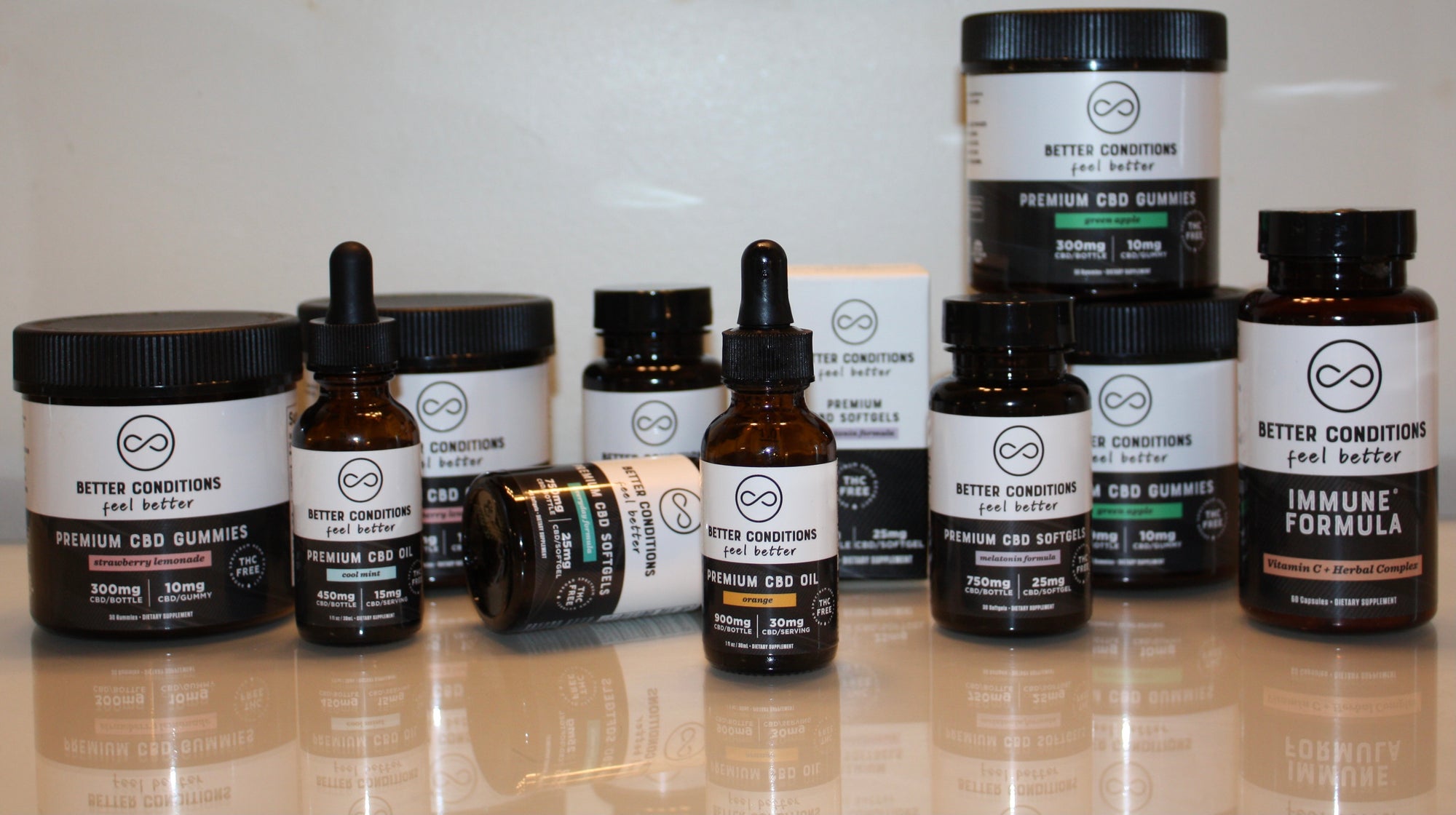If you've been keeping up with our blog, you already know about the benefits of incorporating CBD into your life. We have discussed CBD’s effect on anxiety, depression, sleep, appetite, acne, and even hangovers. We have also discussed CBD’s effects on more physically taxing illnesses such as epilepsy, cancer and more. However, I feel as though we have only grazed the surface of the research behind all of these claims. Today, I want to talk about the solid science behind some of these claims in more depth.
If you are the type of person that needs to see the facts before feeling that you can totally trust something, you are far from alone. While word-of-mouth and recommendations from trusted friends means the world to me and I'm sure many others, nothing can beat seeing the facts on paper from trusted sources. More notably than that, there is still some pushback on herbal medicine from our society as a whole - making it incredibly important to show solid evidence and facts about CBD and all of its potential benefits. So, let’s get into it.
The Mighty Mood Stabilizer
As we know, CBD is a plant-based powerhouse when it comes to mood stabilization. Let’s go over the science of it all. In order to do that, we need to discuss the endocannabinoid system (ECS). The ECS is responsible for regulating functions such as sleep, appetite, mood, and memory and is present in every human body regardless of whether or not a person uses CBD. CBD has been shown to alleviate anxiety and depression by interacting with the endocannabinoid system.
The ECS is made up of three main parts: endocannabinoids, receptors and enzymes. Endocannabinoids are basically the human body’s version of cannabinoids. Evidence points to the cannabinoids in CBD interacting with the ECS and ultimately targeting the serotonin (5 HT) receptors in the human body. Serotonin is deemed the mood stabilizing hormone. It can boost mood, improve motor skills making you feel more alert, improve appetite and digestion and plays a huge role in sleep. It truly does it all in terms of stabilizing and boosting overall happiness through its regulatory roles.
Acne
CBD’s effects on acne are relatively simple: CBD acts directly on sebocytes or cells that produce sebum. Sebum is a substance made by the skin which can help balance oil production and reduce inflammation. Sebum is a protective layer between our skin and the outside world; however, when overproduced or mixed with dirt, oil and other pollutants, sebum can get trapped in pores and cause acne. CBD ensures that the skin doesn’t produce too much sebum, making it harder for it to mix with outside substances that cause clogged pores. CBD also acts with antibacterial and antifungal effects and triggers anti-inflammatory responses in cells, making inflammation of acne and other skin conditions less likely.
Cancer
There is much to cover on this topic and it is arguably the most interesting health problem that CBD can affect based on the sheer power that cancer can hold over the human body. It turns out that the endocannabinoid system may play a huge role in tumor generation and progression. A reliable study found that cannabinoids can slow tumor growth, reduce tumor invasion, and induce tumor cell death. This study found that CBD was effective in reducing breast cancer cell proliferation and invasion.
Along with direct effects of CBD on cancer, it is also thought that CBD can help aid in reducing the side effects of cancer treatment. As we know, CBD is proven to reduce pain and inflammation through its interaction with the endocannabinoid system. This is also true when it comes to pain and inflammation brought on through cancer treatment. Things like anxiety and appetite can also be improved with CBD by interacting with the endocannabinoid system, which promotes regular bodily functions. While there is still much research to be done, overall, CBD is a promising option for cancer patients.
Epilepsy
Now let’s address the one FDA approved CBD product in the market - Epidiolex. This product has been proven to treat two rare forms of epilepsy -- Lennox-Gastaut syndrome and Dravet syndrome. It is an oral solution approved for people ages 2 years and older with said diseases. This is the first ever FDA approved purified drug substance derived from marijuana and the first FDA approved drug for patients with Dravet syndrome.
CBD’s effect on epilepsy is also thought to be attributed to the endocannabinoid system and its ability to regulate brain function. Seizures are caused by erratic activity in the brain that spread and cause uncontrollable movements. CBD is thought to offer relief of this brain activity through its beneficial effects on nerve cells in the brain. More research needs to be done to solidify exactly how this works, but the important point is that it does work according to the FDA - a huge win for CBD.
Takeaway
Rather than seeing the first FDA approved CBD product and assuming it is the only thing that really works, I want to take this moment to point out that this is the proof that all of the claims made about CBD need to be taken more seriously by science. We just need more time and research to solidify CBD into a household name. We have barely cracked the surface of CBD and all it has to offer. We want to continue to be here for you by offering you all the latest and greatest CBD news. Talk soon!


